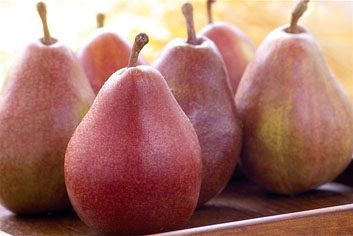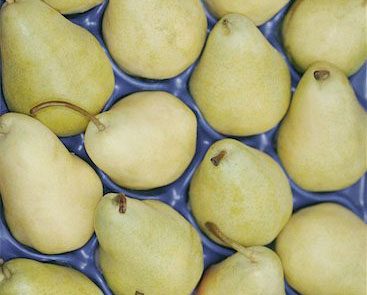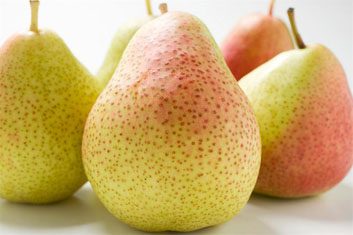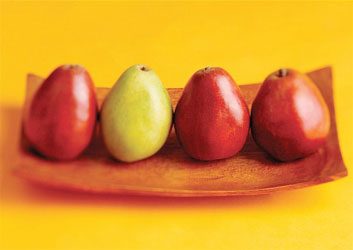
A fruit with fibre
With a pear’s smooth texture, you might not realize that a medium one delivers five grams of total fibre, for 20 percent of your daily needs. The flesh contains mostly soluble fibre (about three grams), including pectin, which lowers LDL, otherwise known as “bad” cholesterol. As well, a University of Illinois study published this year found that soluble fibre can boost the immune system: Mice fed soluble fibre as part of their diet became less sick and recovered faster than those fed insoluble fibre. Not that insoluble fibre, found mostly in a pear’s skin, is a bad thing-after all, it promotes healthy digestion and regularity.

Load up on antioxidants
Another reason to eat pears’ thin skin? As pears (and apples) ripen, the level of antioxidants‚ known for cleaning up body-damaging free radicals‚ increases significantly, according to a study done at the University of Innsbruck in Austria. Researchers found that as pears ripen, chlorophyll (which gives pears their deep colour when unripe) breaks down into active antioxidants in the skin and the flesh just below it.

Pump more iron
Toss a cup (250 mL) of sliced pear into a lunchtime salad and you’ll get about 10 percent of your daily vitamin C. Among its many key roles in the body, vitamin C helps you absorb iron, required to produce red blood cells.

Boost your brainpower
A medium pear contains 15 percent of your daily copper‚ a trace mineral that’s essential for a healthy central nervous system. In the brain, copper ions affect components that are responsible for making the neural synapses-junctions that allow nerves to communicate-stronger or weaker. This changing strength affects our ability to learn and remember, according to research done at the Washington University School of Medicine in Missouri.

Gain vitamin K
Snack on a medium pear and get eight percent of your daily vitamin K‚ essential for normal blood clotting. Researchers at the Mayo Clinic in Minnesota found that the risk of developing non-Hodgkin’s lymphoma, cancer of the immune system, was about 45 percent lower for study participants who had the greatest intake of vitamin K compared to the lowest intake.
Related:
• 5 health benefits of peppers
• The health benefits of beer
• 15 health benefits of eating apples
